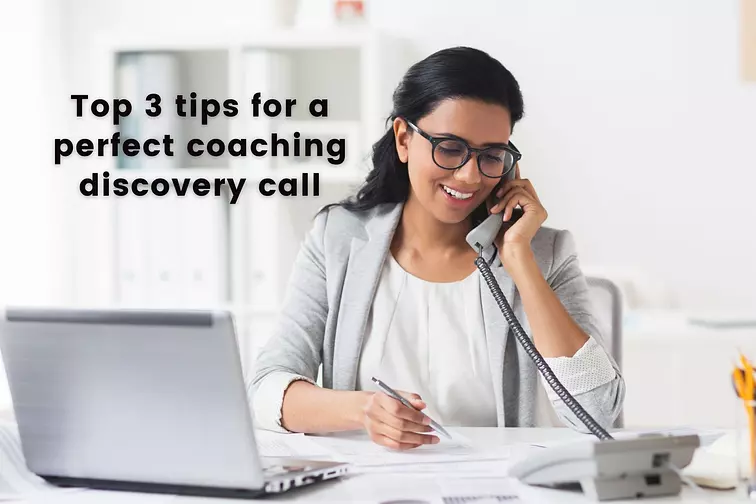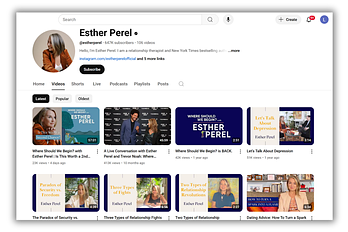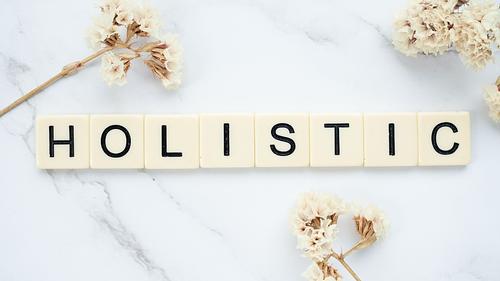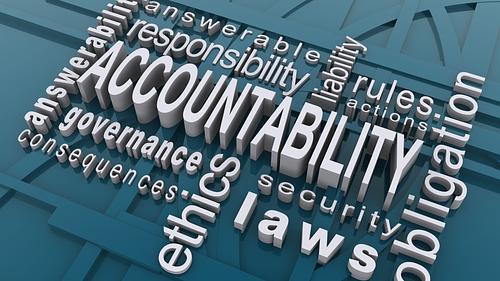April 23, 2022 - Coaching Business
Top three tips for a perfect coaching discovery call
Feeling nervous and need help for your first coaching discovery call?

You check your inbox and receive an email from a prospective client. But instead of filling in your online questionnaire, she prefers to have a call with you first.
You’re all excited as it’s your first discovery call but you start feeling the jitters!
What questions should you prepare beforehand?
What do you do to prevent nerves from setting in?
How do you determine if the prospect is a good fit for your coaching program?
How do you conclude the call?
What follows after the call?
If it’s your first discovery coaching call, it’s only natural that you’re feeling a little overwhelmed and even nervous. You’re feeling confident about your coaching competency, but the ‘sales’ part….well, that’s something else!
Don’t worry, there’s always a first time for everything. So, pat yourself on the back for achieving a significant milestone of getting your first sales call!
With your passion for coaching and our checklist for your first discovery coaching call, you will do alright.
BEFORE A DISCOVERY COACHING CALL
The first point of contact with your prospective coaching client is crucial. It’s a decision-maker for you and your client to determine whether you are ideal for each other.
Have your program framework in hand for presentation and don’t forget to ask if they would prefer a voice call or a video call. If it is a video call, dress your best to boost your confidence as well as demonstrate professionalism.
Coaching-online.org has provided succinct objectives for the call:
1. Finding out more about your client and their challenges
2. Determine whether coaching is right for your client
3. Determine whether you are the best fit for them
3 Tips To Guide You
Using the pointers above, let’s break them down further:
1. Finding out more about your client and their challenges
Ask them about where they were before, where they are now and where they want to be.
From this, you can study your prospective client’s internal patterns and understand their environment, desires, dreams, strengths, fears, motivations and barriers to moving forward.
It’s immensely important for you to remain entirely present during the conversation, to listen intently and to acknowledge what they are saying. Dig deeper and ask probing questions to get to the hidden desires and the emotions.
2. Determine whether coaching is right for your client
This is important because it will save both you and your client a lot of time by:
- Learning more about their strengths and fears, you can determine what they are looking for from this coaching process.
- Gauging whether there will be a lot of friction or little friction in the coach-to-coachee relationship.
3. Determine whether you are the best fit for them
As a coach, you have to keep an open mind going into discovery calls. For starters, discovery calls end up with the client hiring you or not. When a client does not hire you, as a coach, this is where you have to leave your ego behind and put your clients needs, first.
Manage Your Coaching Practice in One Place
CoachVantage automates your business workflows so you can focus on impactful coaching results.
A good coach knows that to deliver successful outcomes, they need to work to their strengths. Therefore, they can identify if the prospective client is better served by other coaches in a specific niche, or by other professionals such as therapists or counselors.
Here are ten powerful questions that you can ask during the discovery coaching call to get more insights:
1. What is most important to you in your life and why?
2. What have been your 3 greatest successes to date?
3. What has been the greatest challenge you’ve overcome?
4. How did you overcome it?
5. If you could change one thing right now, what would it be?
6. What 3 goals do you want to achieve within the next 3 months?
7. What is your ideal outcome?
8. What’s preventing you from achieving that right now?
9. What would happen if you don’t achieve your ideal outcome?
10. How would that make you feel?
If you are looking for a more detailed look on how to design a coaching questionnaire, check out our “How to design a coaching questionnaire" guide.
At the end of the coaching discovery call, you should be well-positioned to understand if you can help your prospective clients achieve their goals. If it’s a good fit and you believe that she is ‘coachable’, the next crucial part is to close convincingly.
CLOSING THE DISCOVERY CALL
At the end of the discovery call, don’t forget to summarize the conversation. Your summary should include:
Recap of what you heard
This helps clients to clearly see the value of the call. It also helps them get clarity about what they want to achieve and what they would miss out on if they don’t.
Verbalizing this has a powerful impact as it also demonstrates that you clearly understand them.
Explain to them what you offer, to help with their challenge
Clients seek coaches because they have tried different solutions and it is still a dead end.
Have a step-by-step framework ready so you can present it to your prospective client when closing the call.
For example, if you are a weight loss coach:
- Offer a customized diet plan for the next 5 weeks
- A complete grocery list for their body and diet type
- Recommended workout types for client to follow through the next 5 weeks
You can choose to explain as a whole and ask them what they think, after you have explained or you can alternate with these questions:
- What do you think?
- Do you see how the strategy can gradually eliminate your challenge?
- Do you think you can execute the strategy?
The end goal of your discovery call session is to educate your clients about what you offer and how it will be executed. Don’t forget to observe their verbal cues and body languages. If they ask further questions about your offer, that is a positive indicator.
Close the discovery call with..
Offering the different modes of payment available for your program.
Go for the ask.
Immediately after presenting your framework to them and answering their questions, interweave it with, “We do have recurring payment options for this course…”.
The reason why this closing method works is because you've provided a lot of value and at least have a sense that the client is a good fit before you ask. You have “earned the right” to kindly ask for a close.
Do keep in mind too that it is okay to get rejected.
It is okay to feel like you have given all your program information only to get rejected. Rejection is not a closed door. This is an opportunity where you seek feedback and get further insights on what your prospective client would have wanted to see.
Seek feedback on your coaching call
As much as you can provide for your clients, there is nothing better than feedback to help you and your coaching business grow. You can include these two questions for feedback:
- Is there something I can improve in upcoming calls to be more effective?
- How does our conversation make you feel? Is there a better process for me to talk to you during our sessions?
CONCLUSION
A discovery coaching call is essentially a pre-sales call. Some coaches even call it a ‘coaching taster session’. It is structured with the intent of identifying if the prospect is a good fit to work with you, and if affirmative, then to move to the sales close and onboarding process.It’s a crucial call as it also serves to enable the prospect to make a decision if they feel comfortable working with you and believe that you can help them.
The objective of a discovery coaching call is to get and help more coaching clients but as coaches, you must also have the ability to be reminded of your clients needs and back down for your client if they aren’t the right fit for you.
To be at the top of your coaching call, always come prepared with the objectives and be honest with your clients. As a coach, you have to be able to put your clients' needs first instead of yours.
With CoachVantage, you don't have to toggle through various apps to search for the notes that you have jotted down about your clients.
There’s also a client portal that helps you with share notes and resources easily. It helps you and your client stay organized and accountable to the agreed-upon action plans.
You might also like...
.png)
Top Social Media Marketing Tips for Coaches that Work in 2025
.png)
Top 7 Health and Wellness Coaches That Can Aid You On Your Fitness Journey





